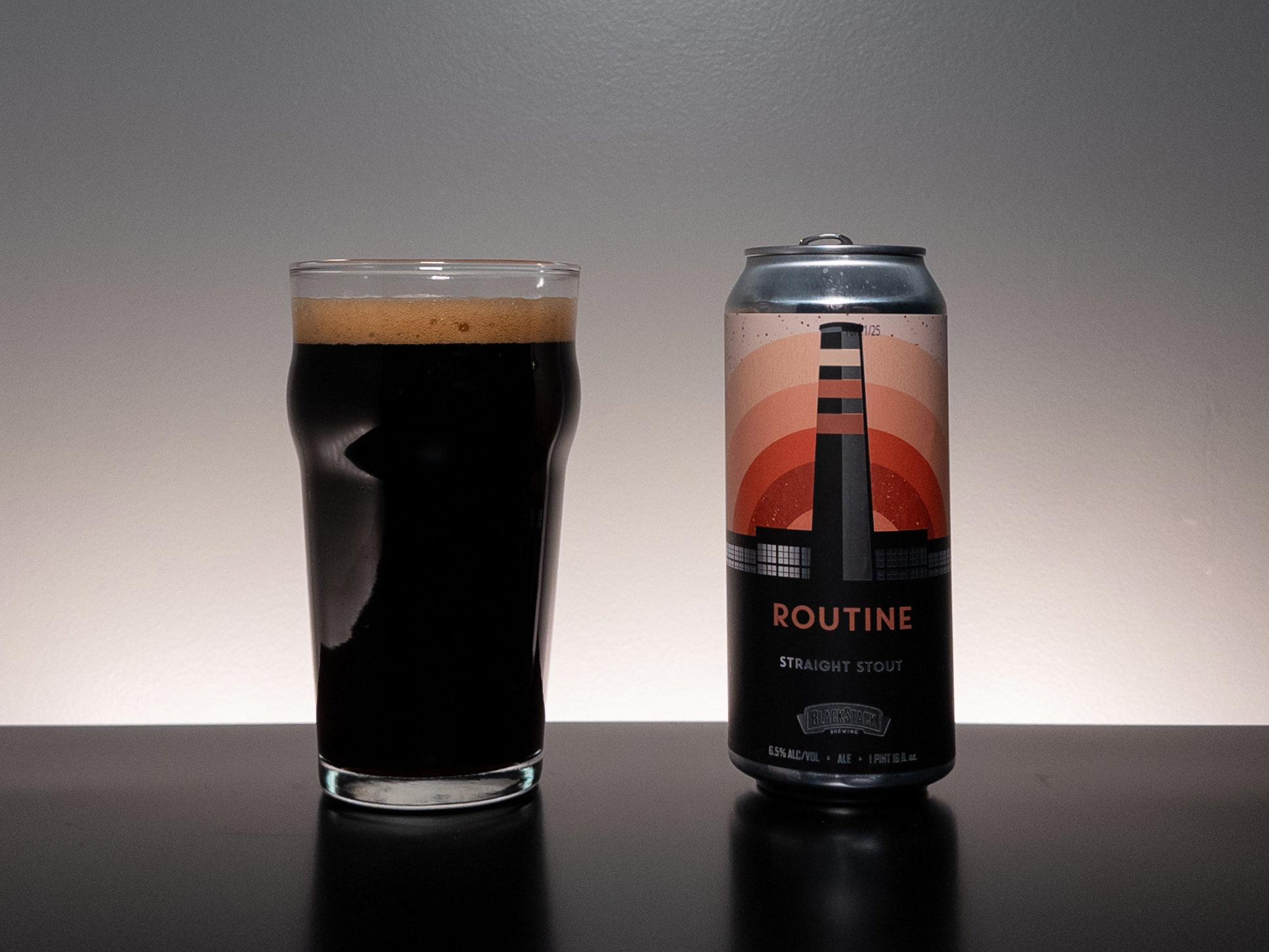"To get union benefits, you join the union and do union work. How do you join the union? Well, first you have to get some union work, then you can join the union! Oh, and once you do get that union work and join the union, you won't be able to do work that's not union work... and of course, even for union workers, union work isn't guaranteed."
No, that's not a quote from Kafka. It's how someone earlier this year might have explained the labor organization system for actors and stage managers. It was a headache for a lot of artists, and often exclusionary for artists of color working against institutional racism in a system that seemed built to facilitate it.
Actors' Equity Association president Kate Shindle acknowledged as much in a statement accompanying the announcement of a new "Open Access" policy in July 2021: "The union has inadvertently contributed to the systemic exclusion of BIPOC artists and others with marginalized identities by maintaining a system in which being hired to work those contracts was a prerequisite of membership."
"Regardless of age, or color, or how many theaters you've worked at, where you went to school, this way, you can join the union," says Greta Grosch, an actor who chairs the union's liaison committee for the Twin Cities. "That's pretty exciting, because each of us only knows what's right for us."
The Actors' Equity Association "is the U.S. labor union that represents more than 51,000 professional Actors and Stage Managers," notes the organization's website, which capitalizes the job titles for extra oomph. Actors' Equity covers stage Actors; Screen Actors have their own Guild.
During 2020's racial justice reckoning, the stage union (which commonly goes by simply its middle name, Equity) launched a "Diversity & Inclusion Retrofit" that led to a reconsideration of the policy preventing artists from joining Equity until they'd been granted a certain amount of work under Equity contract or by Equity employers.
In the quarter-year since the new policy was implemented, Equity representative Gabriela Geselowitz reports that there's been a meaningful uptick in diversity: "Roughly a third of new members through Open Access are POC, compared with roughly a quarter of the total membership."
"I think Open Access is a great effort towards equity by Actors' Equity Association," writes Twin Cities actor Sun Mee Chomet in an email to Racket. "It is great that actors will have the opportunity to join AEA through Open Access and become eligible for health insurance. However, it is a slippery slope that has the appearance of being equitable, but actually can be detrimental in practice."
There's the asterisk—similar to the asterisks that accompany the names of Equity actors in theater programs. Those asterisks designate artists who have become eligible for union membership and have chosen to join Equity. In joining the union, however, a member promises to only take stage jobs involving (with limited exceptions) Equity employment contracts that meet union standards for pay and working conditions.
To be eligible for the health insurance Chomet cites, an artist needs to work Equity jobs for a certain number of weeks per year; the more weeks you work, the higher your coverage tier. That's a significant benefit, but you still need to be able to earn it by actually landing jobs with Equity contracts—and while you're gunning for those opportunities, you generally have to pass up any non-Equity jobs, of which there are many at Twin Cities theaters.
"We're in this weird market where we have some Equity houses, but also some non-Equity houses," says Carin Bratlie Wethern, artistic director of Theatre Pro Rata. "Our market is such a hybrid market that [Open Access] may have no impact at all."
While the new Equity policy simplified the union's eligibility rules, there's still nothing simple about the labor market for actors and stage managers, who have lived in a "gig economy" long before that term was popularized. Climbing the ranks from aspiring actor to full-time pro (ideally, with health insurance) isn't just about demonstrating your chops, it's about building relationships with directors, companies, and peers.
"So often," says Wethern, "young artists [are] enthusiastically wanting to go Equity or do Equity work, and then they join the union, and then they never work again. That's just so heartbreaking to see."
"I've dreamed about joining Equity since I was 12, but I have no intention of joining through this new program, nor do I know of anyone else who is planning to join," says theater artist Madeline Wall, a 2020 University of Minnesota graduate.
"All of my Equity weeks were acquired pre-pandemic," she continues, "and the last year has made developing relationships with Equity theaters near-impossible. I could join—and pay thousands of dollars to do so—but it could be years before I am cast by Equity companies, and during those years, I would be shut out from any non-Equity opportunities."
Theatre Pro Rata is one of the Twin Cities' many companies that are professional, but not Equity. That's not because its leaders don't want to treat artists fairly. "It's not just cost prohibitive in terms of the salary that the artists receive. It also adds a lot more paperwork," explains Wethern.
"We are a shoestring operation and an all-volunteer organization. I need to spend my volunteer hours working on other things like fundraising rather than working on contracts and annual filings and unemployment," she continues. For Pro Rata, becoming an Equity company won't make sense "until we are a larger organization... and I mean a larger organization by adding a zero to the end of our annual budget."
Conversations around casting and compensation are sensitive: Multiple artists contacted for this piece declined to respond, unusual in a field where press inquiries are generally welcomed enthusiastically.
When the Open Access policy was implemented, Grosch quickly saw positive change locally. "A few people have been inquiring about joining," she said in an interview shortly after Open Access was implemented.
"If they'd been thinking about it, maybe they hadn't reached their 50 weeks [of previously required union contract work] yet. They're choosing to join the union. You know, the Chanhassen uses a lot of non-union people. And now they don't have to wait for [artistic director] Michael Brindisi to offer them a union contract: They can go to him and say, 'I'm now a union member.'"
One thing that remains to be seen is whether theaters will follow through and expand opportunities for artists, particularly BIPOC artists, who may now be joining Equity.
"In the last year," says Grosch, theater companies "have tossed aside their previous seasons, and they're programming differently. They're working with more diversity in casting, and also in production, working with writers and everything. So I think that change was already going to happen. The hope is that some of those people of color now are being given more opportunities, it also means that they're going to get that asterisk by their name."
Companies have thrown out their previous seasons, but have they thrown out their previous playbooks? "It's one thing to say, 'Here's our diversity and inclusion statement,'" says Wethern. "It's a whole other thing to actually walk the walk and show that to be happening...you see that, but it is a slow process and it does start with making sure the leadership reflects that." In the theater world as elsewhere, she points out, "the larger the budget, the more white guys are running the show."
When it comes to furthering equity—not just Equity—union membership is one piece of a very large puzzle. Open Access is putting more artists in a position to decide immediately whether they want to go Equity, but it isn't making that decision easier.
"If you join AEA too soon and are still finding your feet as an actor," writes Chomet, "you may limit the work opportunities you have due to the plethora of AEA actors that will be vying for the same jobs."
Her advice to rising artists: "Weigh the options carefully, seek advice from fellow artists, follow your intuition, and be realistic about the experience you need to gain to ensure that you'll work consistently. I say all that with a grain of salt, because the pandemic has taught us that nothing is guaranteed."







